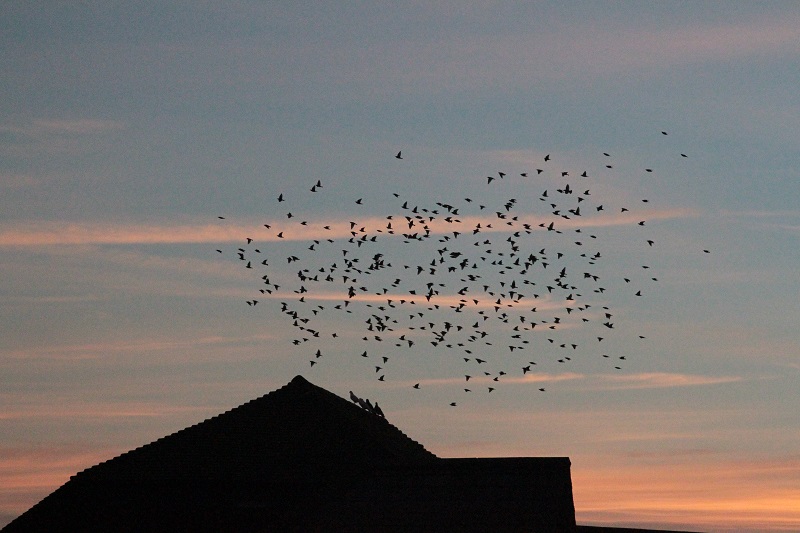“Latest comments” on our front page already feature readers’ reactions to articles on our “Opinion” page, and we are now taking this a step forward by inviting comments at the end of our major news stories.
And here is a comment from reader John Stedman on our lead story last week.
“Your news story March 10. Another load of irresponsible scaremongering from the Lydd Airport Action Group?
“These are Search and Rescue teams’ helicopters – their crews are proficient in finding small boats and swimmers in trouble in miles of sea – likewise they have the expertise to avoid flying into the side of Nuclear Power Stations.
“I’ll bet if a member of LAAG found the need for such a rescue service, then they would be rather glad that it was there.”
[Editor’s comment: Around this time last year we carried a story suggesting that the problem was the thousands of birds who fly in and out of the nearby nature reserve and the threat they present to aircraft – however skilled the pilot might be.
Now I do not know what threat flocks of birds may pose to a relatively slow moving helicopter, but bird strikes can and have posed problems for fast moving jets – and there may a problem of cumulative risk when a nuclear power station is next to a runway.
The sea was not particularly seen as a threat to nuclear power stations until Japan got hit by a tidal wave. And the defences at Dungeness have since been improved.
So our perception of what is a “risk” is constantly changing – and often only after an event has happened]
Photo : Ray Prewer




As Rye Emergency Action Community Team (REACT) is presently working with academics from Cambridge and Kyoto on risk (posed by hazards and threats) perception, this comment is timely.
Analysis of local risks is a preoccupation of REACT. We know that an individual’s attitude to a particular hazard depends on their view of the likelihood of it impacting on them. Past experience is a known to be a key factor in explaining this. In 1992, Hurricane Andrew destroyed 80,000 US homes and put 12 insurance companies out of business with its unprecedented force. Many in the zone refused to evacuate because they had no experience of a hurricane impacting on their area. Their reluctance was the result of rational decisions based on past experience (Tobin and Montz 1997).
How many times in Rye has REACT heard ” that risk will not affect us; it has never happened before”!
We now face all sorts of hazards and threats because of new extremes, from climate to terrorism. REACT works in the community to avoid “scaremongering” but to alert, by careful assessment, by pursuing mitigation and by preparing.
Please see the risk perception survey on Facebook Page. If you can complete one it will assist the research that we are sponsoring.
https://www.facebook.com/Rye-Emergency-Action-Community-Team-REACT-221629524635319/?ref=hl